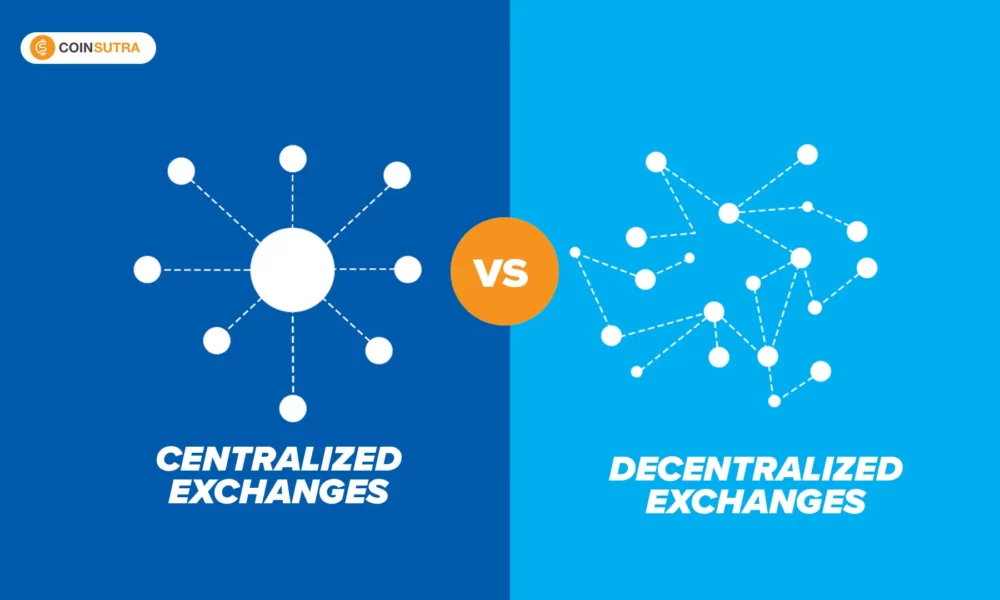TechBullion
3w
202

Image Credit: TechBullion
The Shift from Centralized to Decentralized Trading Is Speeding Up
- The shift from centralized to decentralized trading is accelerating as users seek more control, security, and transparency.
- Centralized exchanges pose risks such as funds being controlled by the platform, vulnerable to hacks, and subject to freezes or delays.
- Users are moving towards decentralized platforms due to self-custody, lower fees, and smart contract flexibility becoming standard expectations.
- Decentralized trading ensures users remain the sole owners of their assets, reducing the risk of frozen accounts or unauthorized movements.
- DEXs operate on public blockchains, enhancing transparency and enabling users to verify transactions, unlike the opacity of centralized exchanges.
- Decentralized platforms offer increased privacy, lower trading costs, faster transactions, and advanced features like limit orders and cross-chain swaps.
- The emergence of DEXs on faster and cheaper networks has made decentralized trading more accessible and efficient for all users.
- Decentralized trading tools and communities facilitate a smoother transition away from centralized exchanges for users seeking better alternatives.
- Centralized platforms have faced issues like mismanagement, lack of transparency, frozen accounts, and increased government regulations.
- The practicality and benefits of decentralized trading are driving the shift away from centralized exchanges, offering users more security and control.
Read Full Article
12 Likes
For uninterrupted reading, download the app